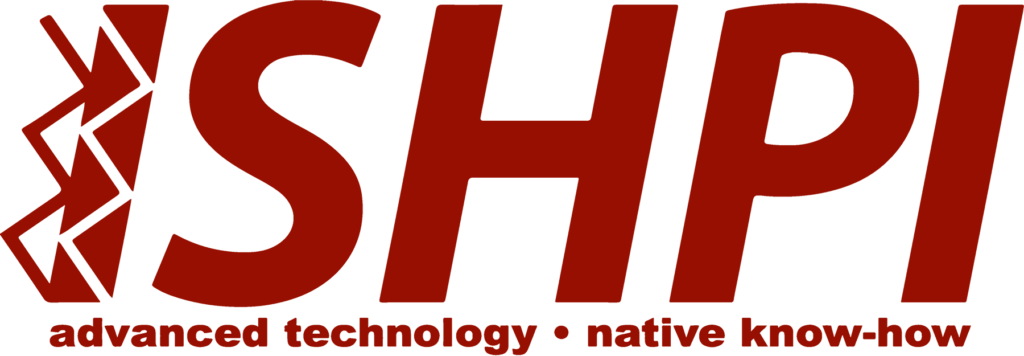ISHPI delivers a high-level of situational awareness, foresight, and insight that helps our clients anticipate, prepare for, and respond to changes in the internal and external political, technological, fiscal, and regulatory environments. With growing global military operations, budgetary constraints, and rising operational costs, ISHPI delivers dynamic integrated logistics engineering support focused on reliability, availability, maintainability, cost reduction and logistics transformation.
ISHPI is dedicated to performance-based logistics because we have experienced how it optimizes life-cycle costs from cradle-to-grave. We provide logistics management support services that include recommendations to improve the fielding, training, life-cycle sustainment, and transition planning for systems. We provide test and evaluation plans and help coordinate with test agencies to schedule and conduct required tests. We analyze and manage the flow of material and information throughout the supply chain in order to best support the mission goals of our customers.
ISHPI has provided a full range of logistics and maintenance support for the U.S. Military that spans operational analyses to supply and inventory management. Our integrated, professional teams help improve logistical service quality for our Warfighters every day by striving to identify efficiencies for increased throughput and decreased cost. We provide the necessary property asset management and logistics certifications that enables us to perform logistics engineering support services in secure facilities. Our metrics-based performance methodology ensures that we observe and achieve the highest standards of quality.
Configuration Management
ISHPI personnel support Configuration Management (CM) projects that require responsibility for establishing and maintaining consistency of a product’s performance, functional, and physical attributes, ensuring that it satisfies its design and operational requirements throughout its life-cycle. They ensure that baseline changes are properly approved, updated and documented. This work includes implementing all sub-disciplines of CM: Configuration Identification, Configuration Control (CC) and Change Management, Configuration Status Accounting, and Configuration Auditing.
ISHPI understands that accurately identifying, managing, and tracking all CM activities associated with logistics and C4ISR systems is instrumental to mission success, as is systematically documenting change proposals including justification, evaluation, validation, and disposition of engineering changes. Our expert CM personnel implement approved changes and track the impact of changes, as well as each configuration item’s status. We have an intimate understanding of CC activities that ensure rigorous documentation and coordination of recommended engineering changes to each configuration item after the establishment of a configuration baseline(s).
Maintenance Requirements Development
ISHPI personnel are instrumental in providing inventory management, Maintenance Procedure Card (MPC) development, equipment management, Reliability Centered Maintenance (RCM), and maintenance analysis services to assist with modernizing the logistics support system for USCG C4ISR systems. Our highly experienced logistics personnel deliver technical support to update legacy maintenance and logistics processes, as well as documentation to conform to the modernized bi-level support construct that gives our customers total asset visibility and CM control. We use our experience with USCG C4ISR systems and maintenance requirements to accommodate and adapt legacy system needs while complying with USCG modernization requirements. Our personnel creatively use enterprise CM, technical information management, and inventory management systems to address unique system architecture and logistics support situations in a consistent and repeatable manner. This support is directly related to the C4ISR integrated woven effort to satisfy mission demands and operator needs, and ensure that the USCG has secure, mission-focused and interoperable systems and reliable communications.
Logistics Training
ISHPI provides holistic Logistics Process Analysis and Training Support. Our Engineering Process Analysts and Senior Logisticians are experts in analyzing and integrating logistics business processes, training personnel in customer standard logistics business processes, developing and updating a wide variety of training materials, and providing advice, consultation, and documentation on the implementation and training of logistics software and business processes. ISHPI supports the analysis and integration of a customer’s enterprise-wide logistics business processes in areas such as configuration management (CM), maintenance management (MM), supply chain management (SCM), procurement management (PM), and financial management (FM). Our diversified logistics training (under multiple contracts for a wide variety of customers) covers logistics business processes and emphasizes enterprise logistics systems such as Fleet Logistics System (FLS), Mobile Asset Manager (MAM), Configuration Management Plus (CMplus), and Asset Logistics Management Information System (ALMIS), which includes the Electronic Asset Logbook (EAL), Asset Computerized Maintenance System (ACMS), Decision Support System (DSS), Technical Manual Application System (TMAPS), Decision Support System (DSS), Naval Engineering Technical Information Management System (NE-TIMS), and Coast Guard Logistics Information Management System (CG-LIMS). As such, ISHPI is fully versed in logistics transformation and modernization.
Our personnel use their expert knowledge of logistics, engineering change processes, life-cycle support, and the development, production, testing, deployment, and integration of enterprise logistics systems to review, validate, and correct data related to maintenance and operations. We also design and develop training plans and materials, scenarios, handouts, training outlines, and instructional material, and assist with seminars, Logistics Compliance Inspections (LCIs), workshops, maintenance management reviews, table top exercises, and refresher training throughout the various customer units and commands.
